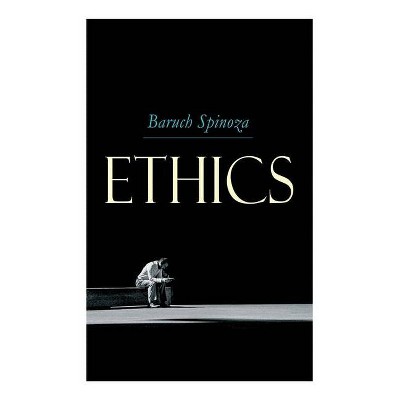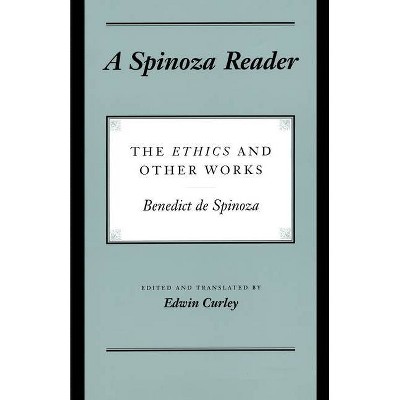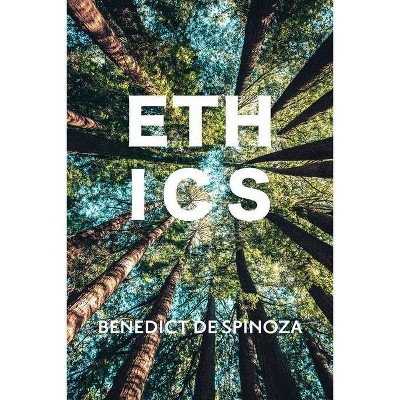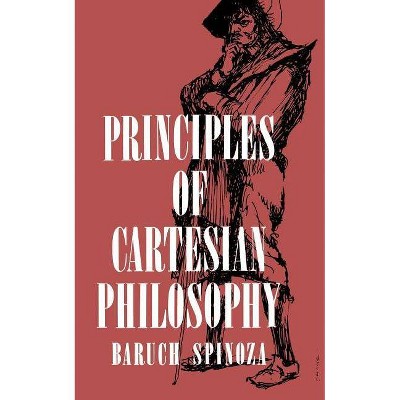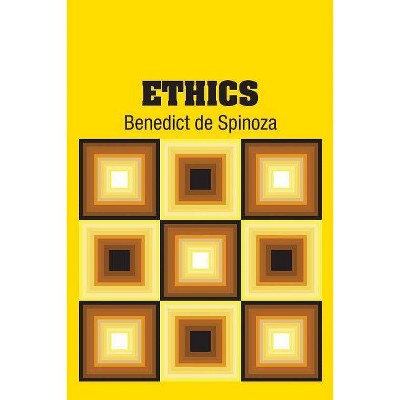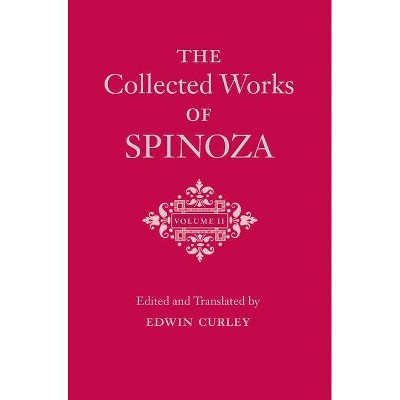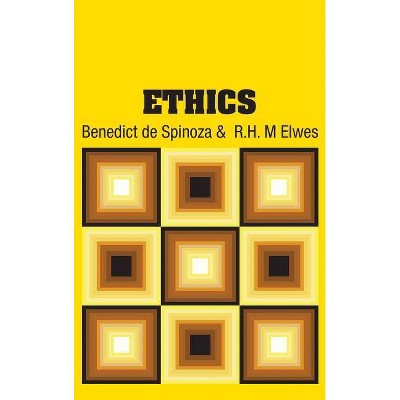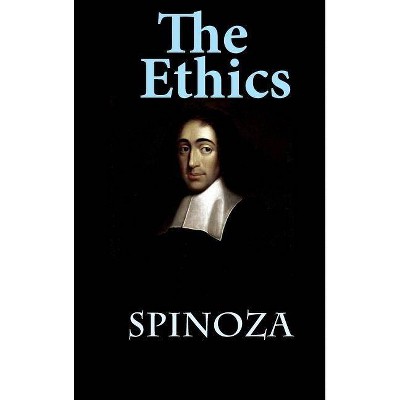Spinoza's Ethics - by Benedictus De Spinoza (Paperback)

Similar Products
Products of same category from the store
AllProduct info
<p/><br></br><p><b> Book Synopsis </b></p></br></br><p><b>An authoritative edition of George Eliot's elegant translation of Spinoza's greatest philosophical work</b> <p/>In 1856, Marian Evans completed her translation of Benedict de Spinoza's <i>Ethics</i> while living in Berlin with the philosopher and critic George Henry Lewes. This would have become the first edition of Spinoza's controversial masterpiece in English, but the translation remained unpublished because of a disagreement between Lewes and the publisher. Later that year, Evans turned to fiction writing, and by 1859 she had published her first novel under the pseudonym George Eliot. This splendid edition makes Eliot's translation of the <i>Ethics</i> available to today's readers while also tracing Eliot's deep engagement with Spinoza both before and after she wrote the novels that established her as one of English literature's greatest writers. <p/>Clare Carlisle's introduction places the <i>Ethics</i> in its seventeenth-century context and explains its key philosophical claims. She discusses George Eliot's intellectual formation, her interest in Spinoza, the circumstances of her translation of the <i>Ethics</i>, and the influence of Spinoza's ideas on her literary work. Carlisle shows how Eliot drew on Spinoza's radical insights on religion, ethics, and human emotions, and brings to light surprising affinities between Spinoza's austere philosophy and the rich fictional worlds of Eliot's novels. <p/>This authoritative edition demonstrates why George Eliot's translation remains one of the most compelling and philosophically astute renderings of Spinoza's Latin text. It includes notes that indicate Eliot's amendments to her manuscript and that discuss her translation decisions alongside more recent English editions.</p><p/><br></br><p><b> Review Quotes </b></p></br></br><br>For this volume to be truly worthwhile, the significance of the translation must be revealed, and to do this, the biographical, literary, and philosophical context in which the translation came to be needs to be explored and analysed. And Carlisle succeeds splendidly in all these respects.<b>---Michael Della Rocca, <i>Mind</i></b><br><br>Readers and lovers of George Eliot owe a large debt of gratitude to Clare Carlisle and Princeton University Press for their fine new edition of Eliot's translation of Benedict de Spinoza's Ethics (1677).<b>---Thomas Albrecht, <i>Women's Writing</i></b><br><br>This edition will be of most interest to scholars of Eliot seeking more insight into the influence of Spinoza's thought on her literary work.-- "Choice"<br><br>Carlisle has done a beautiful job editing George Eliot's translation and providing a scholarly apparatus. . . . This is the edition that George Eliot's translation of Spinoza's <i>Ethics</i> has long deserved, and that we have long needed.<b>---Steven Nadler, <i>La Vie des Idées</i></b><br><p/><br></br><p><b> About the Author </b></p></br></br><b>Clare Carlisle</b> is Reader in Philosophy and Theology at King's College London and a regular contributor to the <i>Times Literary Supplement</i>. Her books include <i>Philosopher of the Heart: The Restless Life of Søren Kierkegaard</i>, <i>On Habit</i>, and <i>Kierkegaard's Philosophy of Becoming</i>. She lives in London.
Price History
Cheapest price in the interval: 18.59 on October 23, 2021
Most expensive price in the interval: 18.59 on November 8, 2021
Price Archive shows prices from various stores, lets you see history and find the cheapest. There is no actual sale on the website. For all support, inquiry and suggestion messages communication@pricearchive.us
